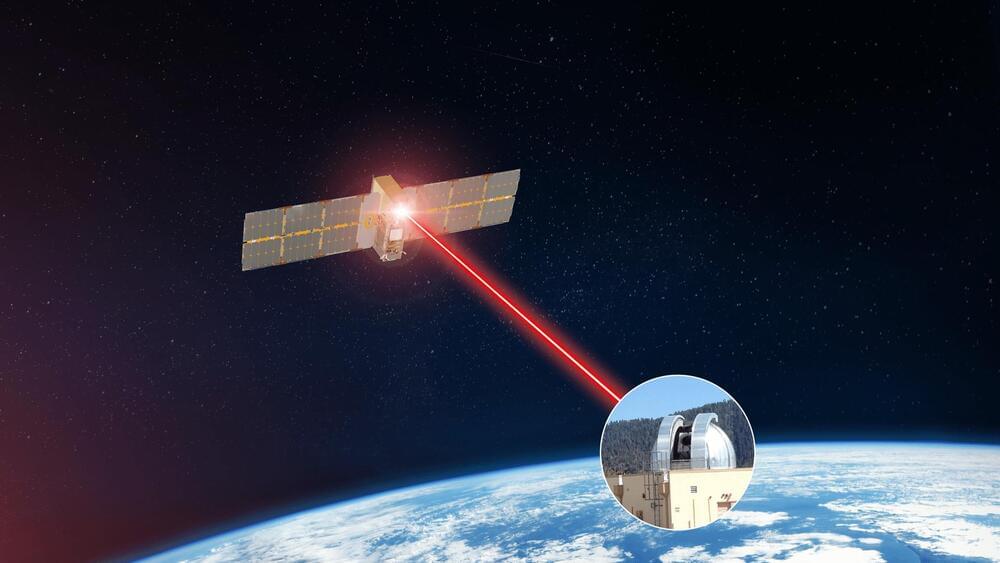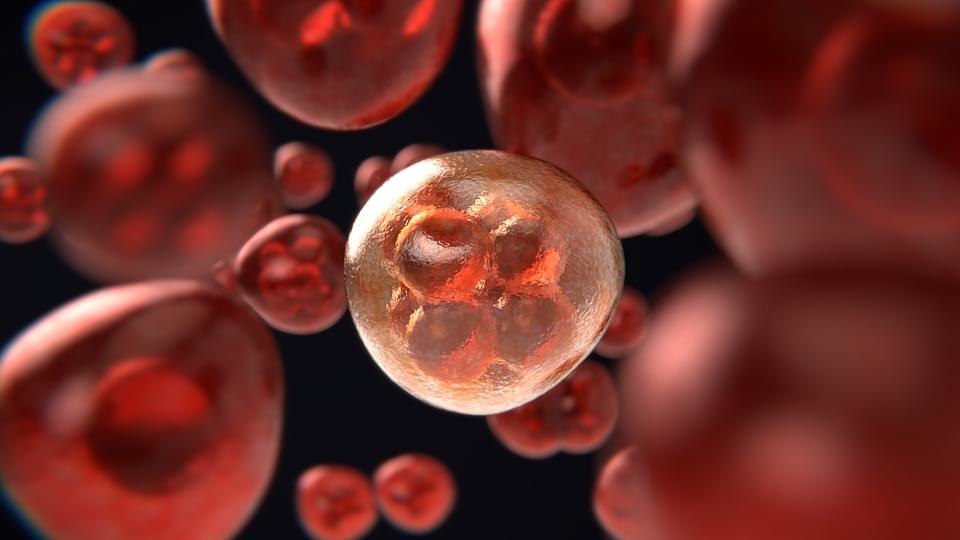Helion, the clean energy company with its eye firmly on the fusion prize, announced a couple of years ago that it had secured $2.2 billion of funding to help it develop cleaner, safer energy at a commercial scale in November 2021. Today, it is starting to reap the fruits of its labor, announcing an agreement to provide Microsoft with electricity from its first fusion power plant, with Constellation serving as the power marketer and managing the transmission for the project.
Fusion has been the energy goal for over 60 years, as it produces next to no waste or radioactivity while processing and is far less risky than fission. But achieving the same process that occurs in stars has proved mighty difficult to contain, with it taking more energy to keep the reaction under control than it can generate. Progress has been slow and steady, with the potential rewards keeping companies such as Helion focused on the reaction. Helion has been working on its fusion technology for over a decade. To date, it has built six working prototypes and it expects its seventh prototype to demonstrate the ability to produce energy in 2024.
With this in mind, Helion’s plant is expected to be online by 2028 and has a power generation target of 50MW, or greater, with a one-year ramp-up period. While that might seem a long way into the future still, it’s significantly sooner than the projections had suggested.







